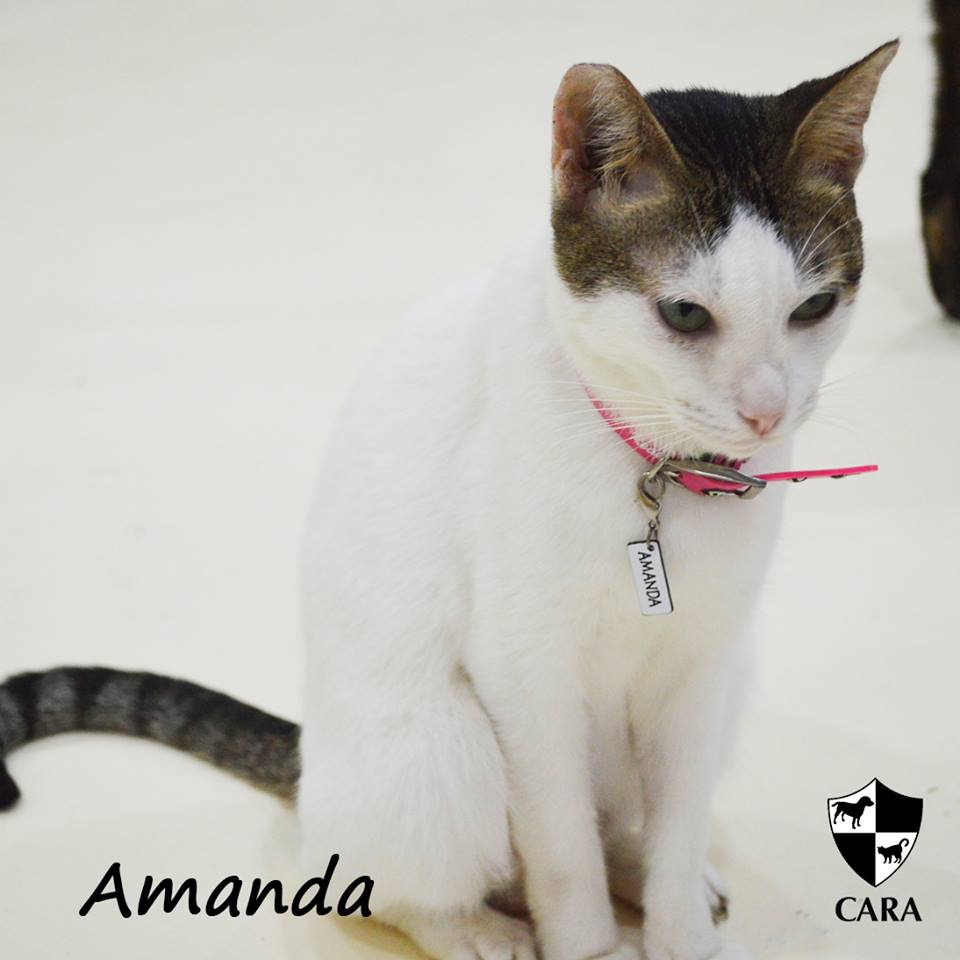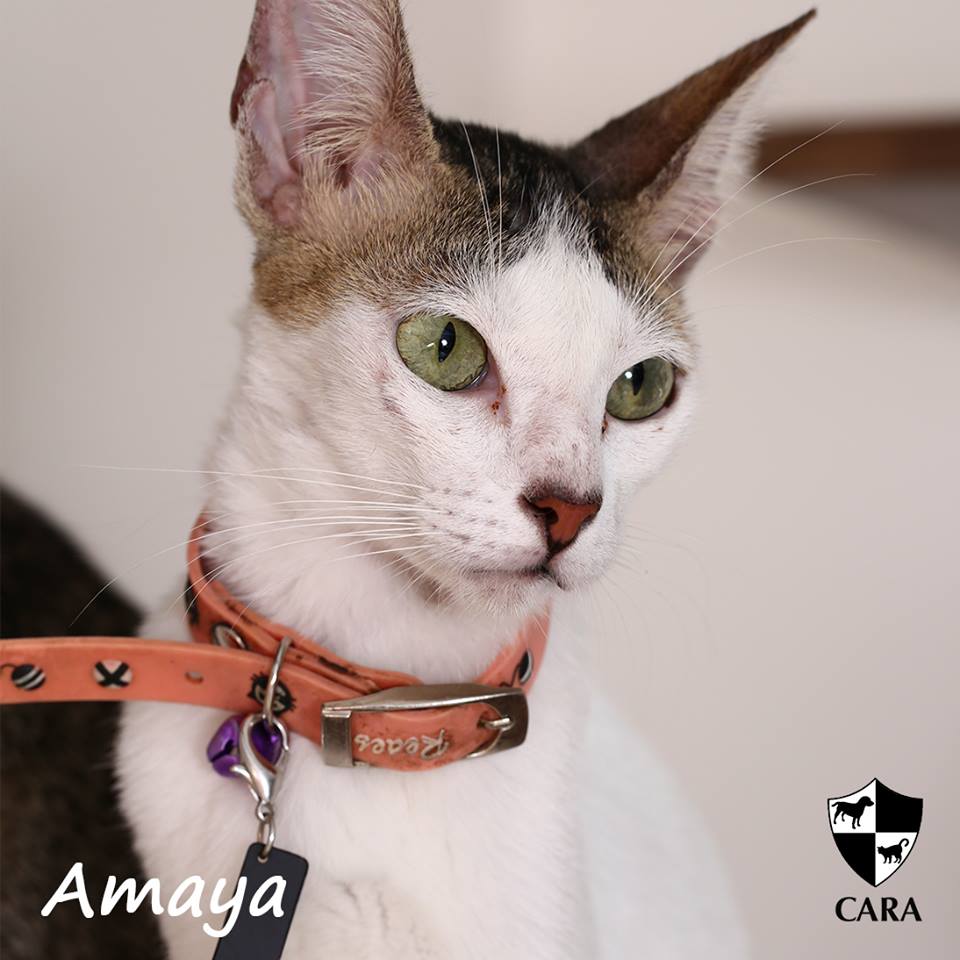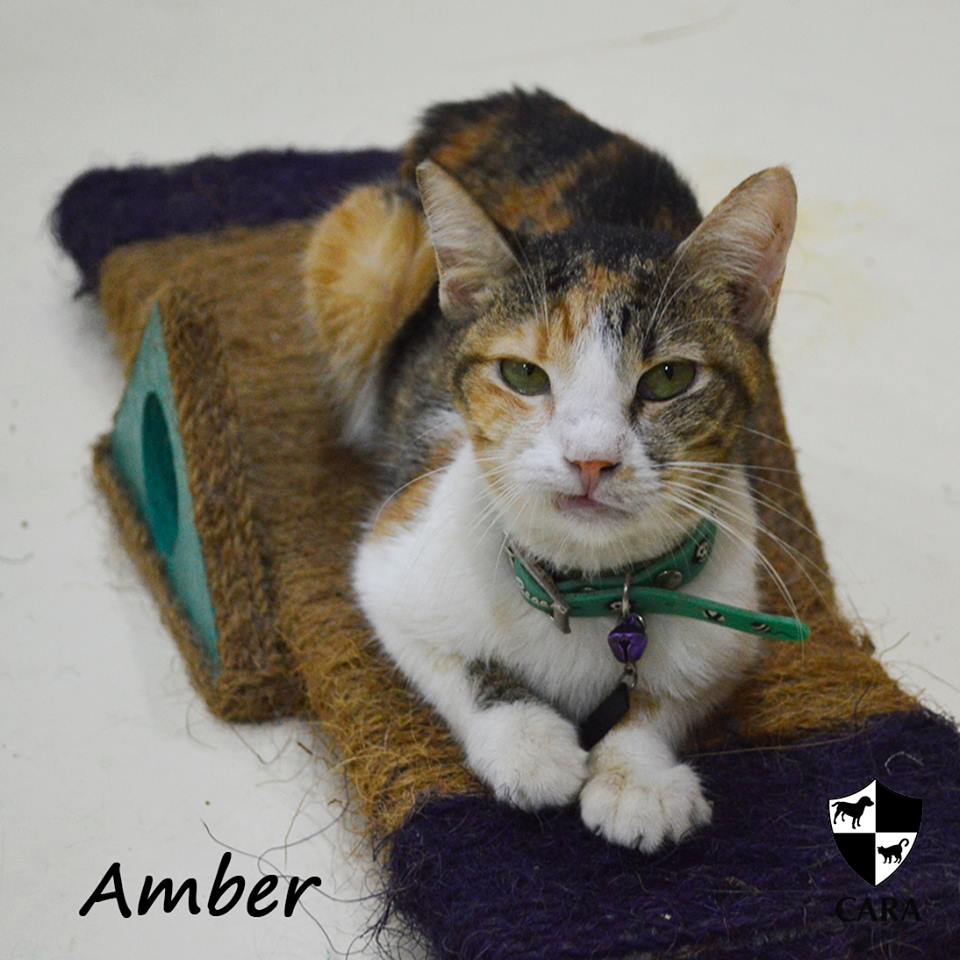So you’ve adopted a cat and worried how to take proper care of your furbaby? CARA is here to set your mind at ease. We’ve prepared a guide for you, something to give you a good idea of what to expect and what you need to do in the coming weeks.
The First Few Days:
The first few days together with your new cat or kitten can be crucial to setting the tone of your relationship with your new pet. If you are a working “parent” ensure that you bring your pet home at the start of the weekend so that you can give adequate time and attention to the precious newcomer.
Preparing your home
If you have been thinking of getting a pet home you should have already done some pet proofing. Do not worry if your pet has been a surprise addition. Keep the cat/kitten in her cage for the first day while you prepare your home.
Some tips to cat proofing
Cats by nature are inquisitive and curious creatures. You would want to remove all valuables like vases and crystals.
Cats love to jump to high seemingly inaccessible areas. Do not try to stop them. It is a futile effort. Instead remove anything in the way that might harm the cat or that is breakable.·
Drapes and blinds are not a good idea. They will attempt to climb and will tear or worse get entangled in the cords. Keep the cords out of reach.·
Electrical cords should be hidden away. Cats love to scramble amongst the wires. ·
Poisonous plants – the movement of leaves is fascinating to a cat. Their natural urge to bite and taste can be fatal if the plant is poisonous.·
Household cleaners/chemicals – ensure all these are safely locked in a cupboard. Remember, high places are not safe enough.·
Other lose small objects lying around. Paper clips, pins and other stationary is best kept away. They can be hazardous to to you and your cat as they love pushing and rolling stuff off the table.·
Secure all tight spaces (behind refrigerators, sofas) that the cat can crawl into. It will save you endless hours of searching for your pet and trying to pry it out when found.·
Put away accessible food items. Chocolates can be extremely toxic to them.

Accessories and cat belongings
Creativity is all you need to give your cat a warm and stimulating environment. You do not have to spend a lot. Bed size is an important consideration. Cats need room to stretch and turn. A bed too cramped or too spacious is not likely to agree with the cat. Buy a cat bed or use a basket with some soft cloth cushioning that is easy to wash. Put the bed where your cat chooses to sleep to encourage the use of its bed. Give opportunity for cats to safely sit at a higher point in the home.
Cat Toys
Use your imagination! Cats can be occupied with the simplest of toys. Laser lights, home made fishing rods, squiggly craft wires and large marbles in a tub can all make for wonderful hours of fun for you furry feline. Avoid strings that can get stuck on a cats tongue. Also avoid the small furry mice that have small eyes and nose attached that can choke the cat.
Grooming
If you have an indoor cat you don’t need to bathe it unless it gets its fur covered with toxic or unpleasant material. A quick bath in a basin with warm water, preferably (for your safety) with an extra pair of hands is best recommended.
Collars
If you have a cat that lives both indoors and outdoors a collar is a must. Their curiosity gets them into trouble. Place an extendable collar (if it is loose they inevitably get it stuck in their jaws while grooming) with your contact number.
Your first day home
If circumstances require that you bring in the cat before your home is ready, keep him in his carrier until you have his room set up! He will be fine in there for a while longer. On the other side of the room, place a bowl of fresh water. After the room is set up, place the carrier next to the “safe haven.” Close the bathroom door before opening the carrier. Do not pull the cat out. Allow him to come out on his own and begin to explore his new home. Now, leave the room.
Yes, leave…remember you are giving him time to acclimate. Go and prepare a small amount of a premium quality cat food. Quietly place it next to the water bowl. Do not reach for the cat! Let the cat come to you. If he doesn’t approach, come back in fifteen minutes. Do not be surprised if he doesn’t eat. It is common for re-homed cats to show no interest in eating, often for several days. Pick up the leftovers and leave. Come back in a couple of hours with a fresh meal of the same high-quality food. If the cat is openly soliciting affection, eating and not hiding, you can open the door and give him one more room. Do this slowly until you have introduced the cat to all the rooms in his new home.
Food
Cats need protein from a meat, fish, or poultry source.
Taurine, which is an essential amino acid
Certain other vitamins, minerals, enzymes, and fatty acids
Water
That’s it, basically. Cats do not need carbohydrates, although corn, wheat, and/or rice are used as fillers for both canned and dry cat foods.
Dependent on your budget research and read labels carefully when selecting the appropriate food for your pet. The continued feeding of cheap substandard foods over a period of years will heavily contribute to, or even cause, serious medical conditions that will require expensive veterinary care.
Veterinary care
One of the first things to do once your pet has adjusted to the move is to find a good veterinarian in your neighborhood and take your cat/kitten for its first check up. A good veterinarian can guide you on caring for your pet. General visits will entail vaccination and parasite protection.
Photos: Cute cats, right? They were all rescued by CARA and are ready to be adopted! #adoptdontshop
Want to help? Adopt or foster a rescued pet? Wish to donate? Please click these links:
Want to share your own pet story? Email it to <secretary@caraphil.org>
Reposted from the CARA archive





